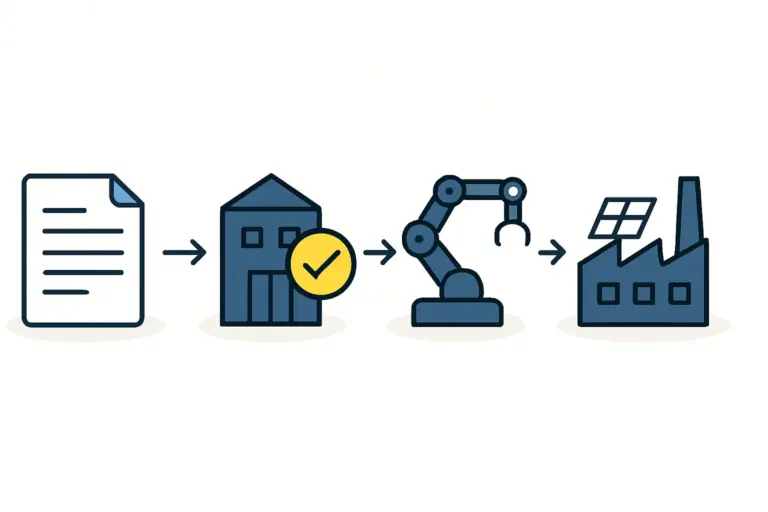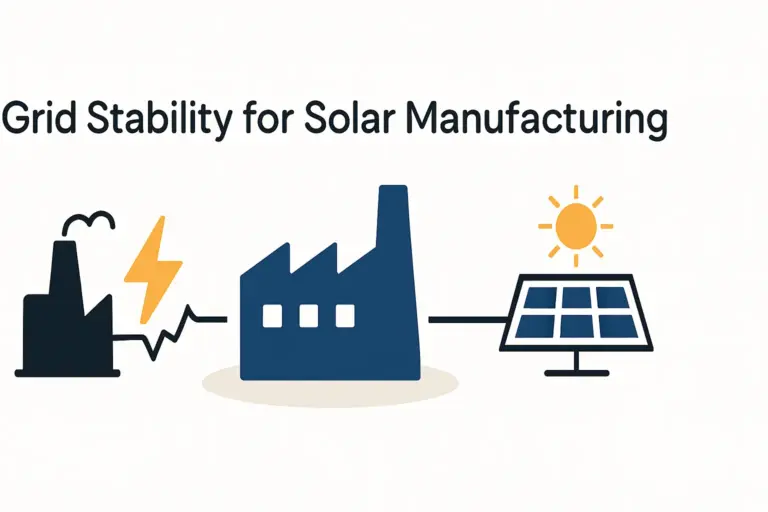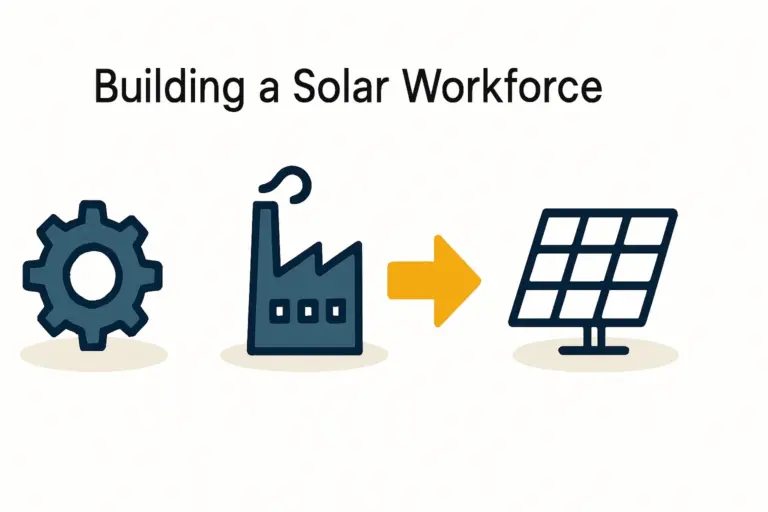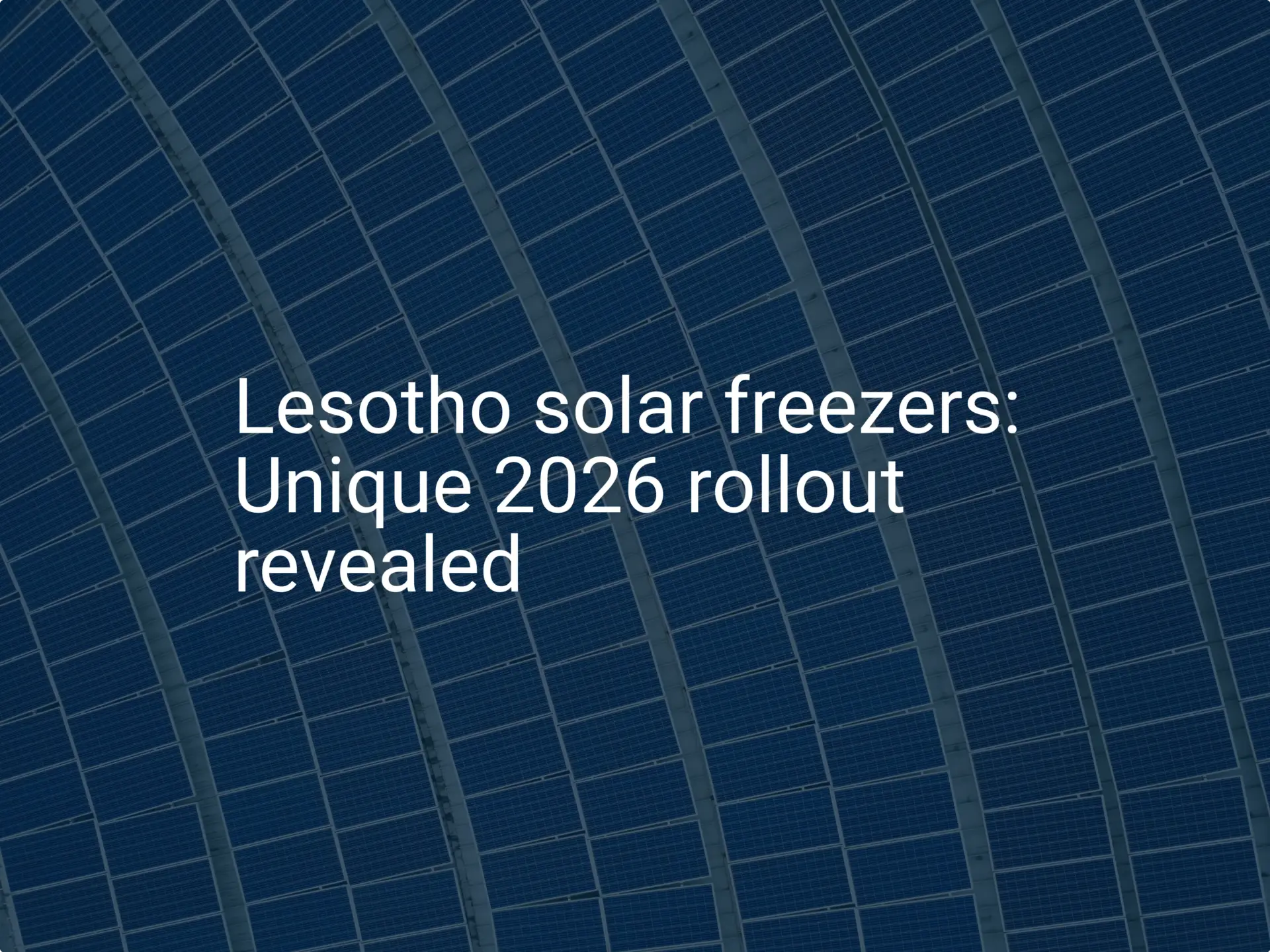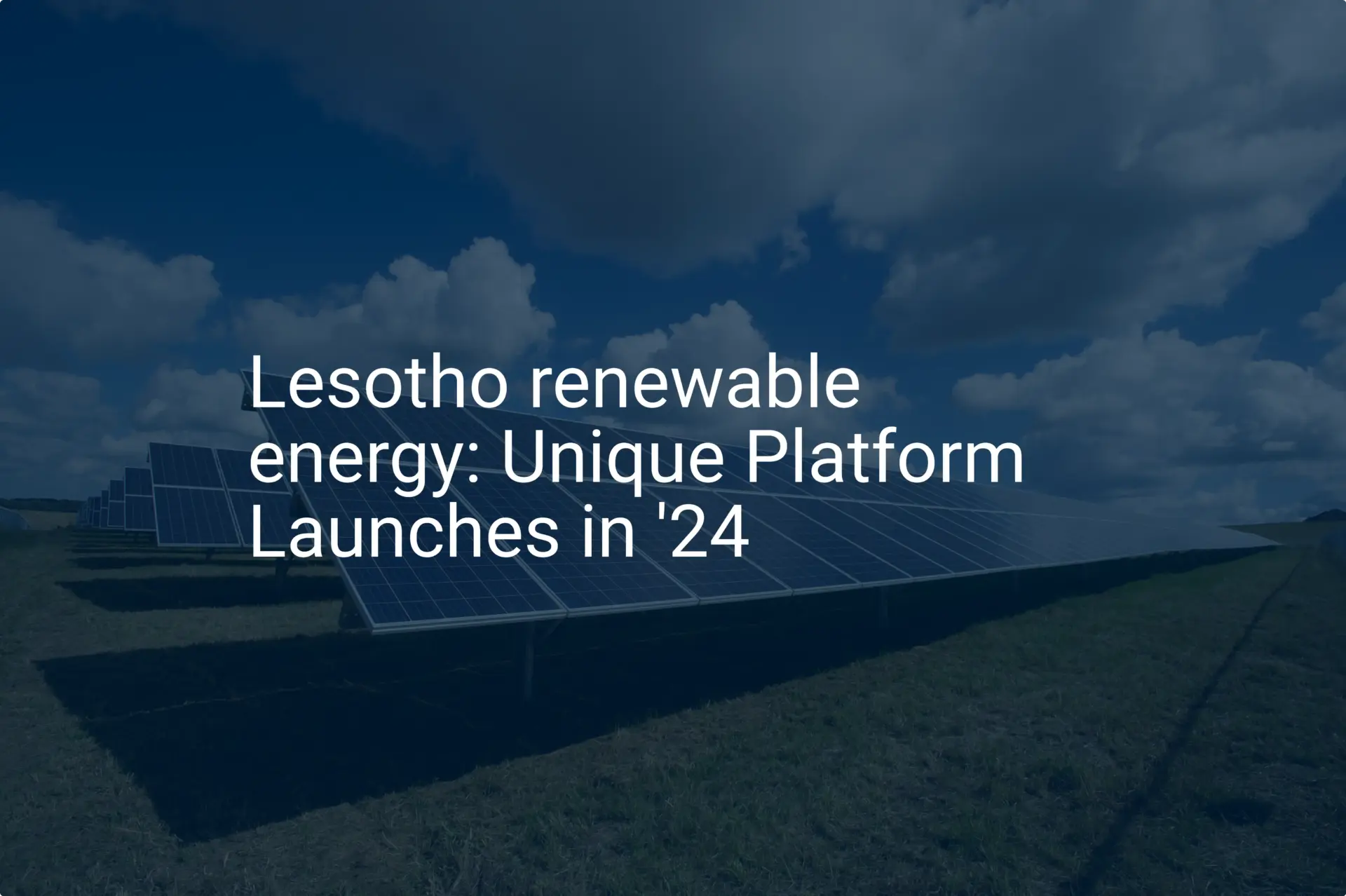An entrepreneur may have a comprehensive business plan for a new manufacturing facility, complete with financial projections and market analysis. Yet, before any equipment is ordered, a fundamental question arises: how to secure the land on which to build? In Lesotho, particularly for foreign investors, the answer is more nuanced than a simple choice between leasing and buying. The country’s legal framework is specifically designed to facilitate foreign investment through a structured, long-term leasing system.
This article explains the legal and financial differences between leasing and purchasing industrial land in Lesotho, with a focus on the regulations within its designated industrial zones. Understanding this framework is a crucial first step for accurate investment planning and de-risking a project from the outset.
Understanding Lesotho’s Land Tenure System for Foreign Investors
The foundational legislation is Lesotho’s Land Act of 2010, which stipulates that foreign nationals and foreign-owned entities cannot hold freehold title to land in the country.
Instead, the system offers a secure, long-term alternative: the leasehold. Foreign investors can acquire legally binding leases for periods of up to 90 years. This model provides the security of tenure needed for significant capital investments, such as building a factory, while respecting the country’s land ownership laws. For an entrepreneur planning a new solar module factory, this means the primary route to securing a site is through a state-administered lease, not an outright purchase.
The Central Role of the Lesotho National Development Corporation (LNDC)
For any foreign investor looking to establish an industrial presence, the Lesotho National Development Corporation (LNDC) is the primary government point of contact. The LNDC is tasked with promoting industrial development and manages designated industrial estates throughout the country. These zones are specifically equipped to host manufacturing operations.
The LNDC’s key function is to provide investors with serviced industrial plots. These are not just empty tracts of land; they come equipped with essential infrastructure, including access roads, reliable water supplies, electricity connections, and telecommunications services. This support significantly simplifies the setup process, allowing a business to focus on construction and operations rather than navigating local utility providers for basic services.

Comparing Leasehold vs. Freehold: A Practical Breakdown
While the terms ‘lease’ and ‘purchase’ are often used, their meanings are very specific within the context of Lesotho’s foreign investment laws.
Leasehold Agreements (The Standard for Foreign Entities)
Entering into a formal lease agreement with the state, typically facilitated by the LNDC, is the standard and most secure path for a foreign-owned company.
- Duration: Leases can extend for up to 90 years, offering long-term stability.
- Security: A registered lease is a powerful legal instrument. Formally recorded with the Land Administration Authority (LAA), it provides undisputed rights to the land for the lease term.
- Bankability: Crucially, this registered leasehold can be used as collateral to secure financing from banks and financial institutions—a vital component for funding factory construction.
‘Purchasing’ a Leasehold
In some instances, an investor might ‘purchase’ a plot from another company. This is not a purchase of the land itself (freehold), but rather the acquisition of existing leasehold rights from the current leaseholder. The new owner takes over the remainder of the lease term and its conditions, including the obligation to pay annual ground rent. This transaction still requires a formal transfer and registration with the LAA.
Freehold Ownership (Primarily for Lesotho Citizens)
Freehold title, which represents outright ownership of land, is generally reserved for citizens of Lesotho. While a local partner may hold freehold land, any formal joint venture with a foreign entity involving that land would typically require its conversion into a registered leasehold to ensure compliance and legal clarity for the foreign investor.
The Process of Securing an LNDC Industrial Plot
The LNDC has a streamlined process to help investors secure land efficiently. The typical steps are as follows:
-
Application and Business Plan Submission: The prospective investor submits a formal application to the LNDC along with a detailed business plan outlining the proposed project, job creation estimates, and financial viability.
-
LNDC Evaluation and Plot Allocation: The LNDC reviews the application and, upon approval, allocates a suitable plot of land within one of its industrial estates based on project requirements, such as size and power needs.
-
Drafting and Signing the Lease Agreement: Legal teams draft the lease agreement, specifying its terms, duration, ground rent, and the responsibilities of both parties. This critical step formalizes all conditions.
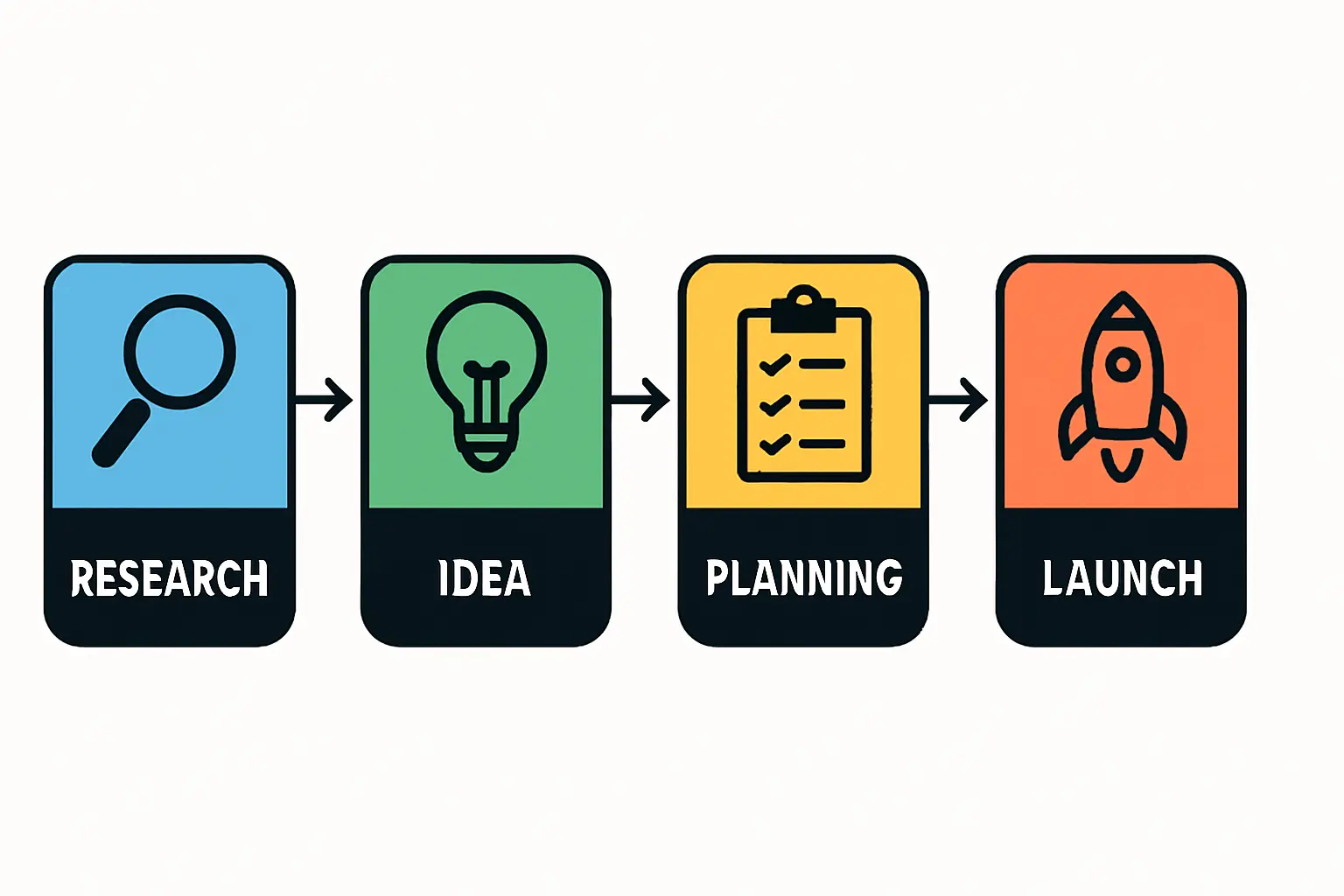
- Registration with the Land Administration Authority (LAA): Once signed, the lease must be registered with the LAA. This final step makes the lease an official, legally enforceable right protected by law.

Financial Implications for Your Business Plan
Securing land has direct financial consequences that must be incorporated into a project’s budget.
Initial Capital Outlay
The LNDC model, based on an annual ground rent, avoids the massive upfront capital outlay of purchasing land. This approach frees up significant capital for other critical areas. As a result, the overall investment requirements for a solar factory are more focused on equipment and construction.
Ongoing Operational Costs
The primary ongoing cost for the land is the annual ground rent paid to the LNDC. These rates are often subsidized to encourage investment and represent a predictable operational expense that can be factored into yearly budgets.
Factory Construction Costs
Securing the lease grants the right to build, and the investor is responsible for financing the factory’s construction. This phase requires careful planning to align with all essential factory building requirements, including structural design, utility connections within the building, and safety standards. Many investors prefer a turnkey solar factory setup, as it consolidates the complex construction and commissioning phases under a single, experienced provider.
Strategic Advantages of Leasing within LNDC Zones
Opting for a lease within an LNDC-managed industrial zone offers several distinct advantages for a foreign investor:
- Reduced Bureaucracy: The LNDC streamlines the approval process, saving investors considerable time and effort.
- Access to Infrastructure: Pre-serviced plots eliminate the logistical challenges and costs of connecting utilities and road access to a raw site.
- Legal Security and Bankability: A registered lease provides the legal certainty needed to protect a major investment and secure project financing.
- Government Support: Operating within these zones often improves access to investment incentives and government support services.
Frequently Asked Questions (FAQ)
Can a foreign-owned company directly buy land in Lesotho?
No. Under the Land Act of 2010, foreign entities cannot own land on a freehold basis. The legally recognized and secure method is a long-term leasehold of up to 90 years.
How long is a typical industrial land lease?
Leases for industrial purposes are typically granted for long durations, often 30 to 90 years, providing the security needed for major capital projects.
Can the land lease be used to secure a bank loan for construction?
Yes. Once formally registered with the Land Administration Authority (LAA), the lease becomes a bankable asset that can be used as collateral for financing factory construction.
What happens after the land lease is secured?
After the lease is signed and registered, the next phase is to secure building permits and begin construction of the manufacturing facility, followed by equipment installation and commissioning.
For foreign entrepreneurs planning to establish a factory in Lesotho, the land acquisition process is clear and well-structured. The system is built around long-term, secure leaseholds facilitated by the LNDC, providing a stable foundation for investment. This approach minimizes upfront capital expenditure on land while offering the legal and infrastructural support necessary for building and operating a successful industrial enterprise.


